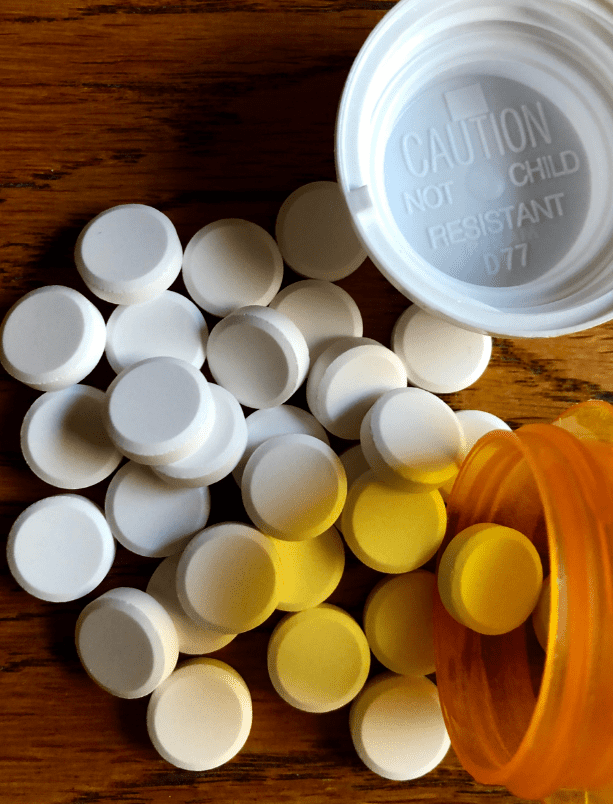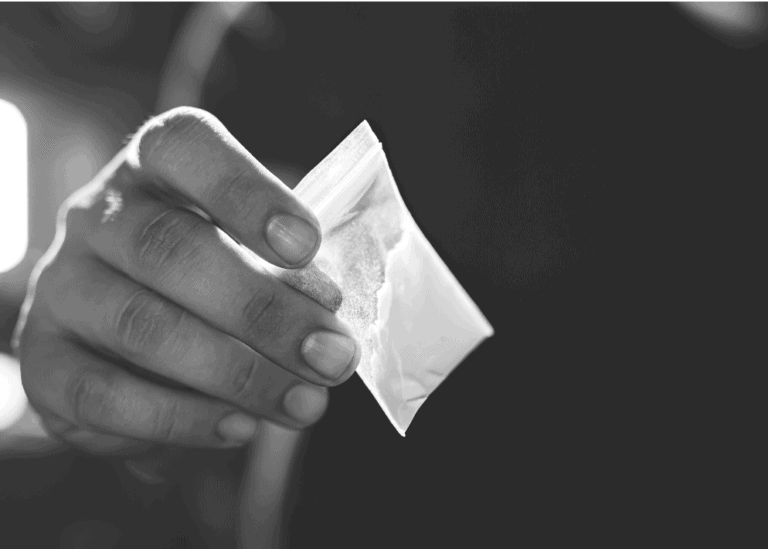Opiates and alcohol affect an individual in unique ways. Although they are both considered depressants, which slow functions and interactions in the human body, these addictive substances are largely a danger to a person’s health and overall wellbeing. However, alcohol and opiates can become even more dangerous when consumed by an individual at the same time.
Dangers of Alcohol
Alcohol is an addictive and dangerous substance. When consumed, it affects both an individual’s brain and body. The effects of alcohol can have some variation from person to person and by type of alcohol consumed. Despite these differences, alcohol is generally considered a depressant. This is because when a person consumes alcohol their brain and bodily functions, interactions, and reactions are slowed down. The more alcohol one consumes the higher their blood alcohol concentration (BAC) becomes. As one raises their BAC through alcohol consumption, they become increasingly impaired.
The Effects of Alcohol Consumption
Consuming alcohol can affect a person’s life in a variety of ways. The most immediate effect alcohol has on a person is on their health and bodily functions. In the short term, alcohol consumption leads to being impaired. When one is impaired, they often make rash decisions and behave irrationally, impulsively, and even violently. This can affect a person’s health in a variety of ways; it can also affect those around oneself.
By altering behavior, alcohol can have a number of negative effects on a person’s health, wellbeing, finances, relationships, and even occupation. These negative effects are often made worse if a person is suffering from an addiction to alcohol — also known as alcohol use disorder.
Dangers of Opiates
Like alcohol, opiates can be found in numerous forms and be obtained through legal or illegal means. Opiates are derived from opium, a substance found naturally in poppy plants in several parts of the world. Although the terms “opiates” and “opioids” are often used interchangeably, they are different. The term “opiate” only refers to natural forms of opium such as heroin, morphine, and codeine — not the synthetic opioids that are often used in prescription opioids.
The Effects of Opioid Consumption
Whether as illegal heroin or legal morphine, opiates provide a user with significant pain relief. This is because opium blocks pain signals between the brain and the body, giving a user relief and oftentimes feelings of euphoria. However, using opiates, especially in cases of opiate addictions, can have several serious side effects.
In the short term, opiates can cause effects like:
- Confusion
- Drowsiness
- Nausea
- Constipation
- Slowed breathing
- Numbing of limbs
- Itching
In the long-term, an opiate addiction may cause:
- Issues with the digestive system
- Nausea, vomiting, constipation, bloating
- Mental health conditions
- Anxiety, depression
- Liver damage
- Increased risk for heart infections
- Sexual dysfunction
- Brain damage
- Rewiring the brain for addictive behavior, hypoxia
Dangers of Combining Alcohol and Opiates
Opiates and alcohol are depressants that affect an individual’s central nervous system. This means both substances will slow functions, interactions, and reactions within the human body. By combining these substances, an individual risks the negative side effects each substance provides on their own along with several other serious effects.
When consuming alcohol and opiates simultaneously, an individual may experience:
- Dizziness
- Impaired coordination
- Fatigue
- Loss of consciousness
- Nausea
- Vomiting
- Weak pulse
- Tremors
- Shallow breathing
- Respiratory depression
- A slowed or an irregular heartbeat
- Coma
- Death
The combination of alcohol consumption with opiate use does not cancel or lessen the effects of either substance. In fact, the combination compounds the effects of each as depressants, putting a person at even greater risk of serious damage to their health and wellbeing.
Searching for Polysubstance Abuse Treatment?
If you or a loved one are living with a polysubstance abuse issue to substances like alcohol and opiates, help is available! At Knoxville Recovery Center, our team of addiction specialists can work to address the root cause of a person’s addictions and provide a variety of treatments to help them live a happy, healthy, and most importantly, sober life.
Contact us today for more information!










